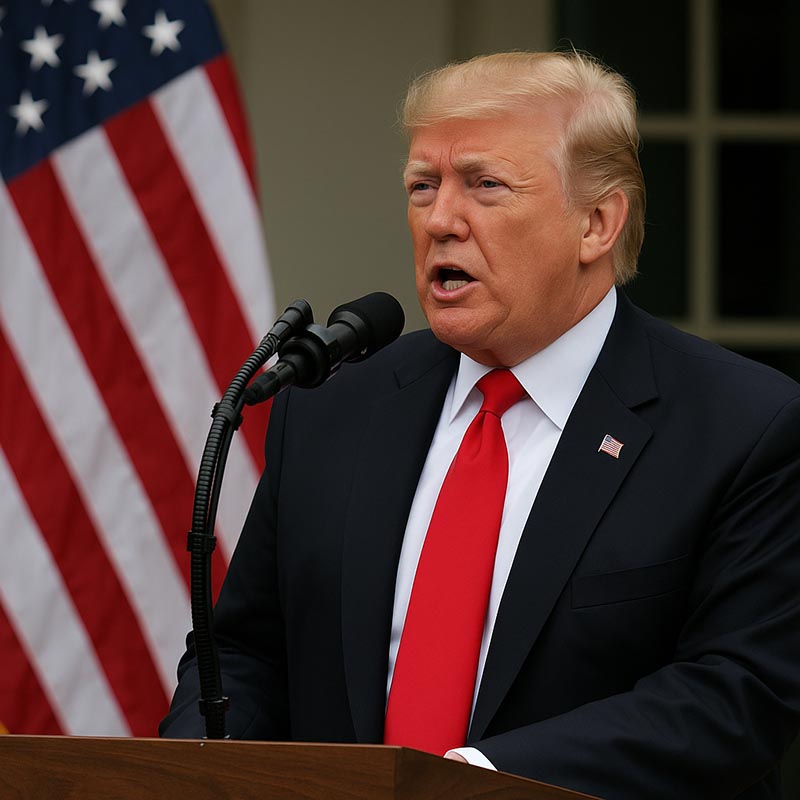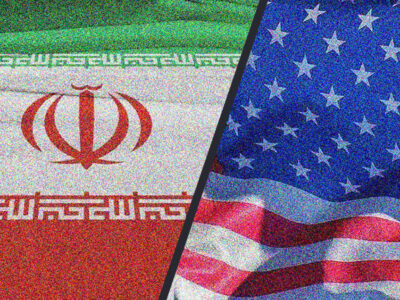Payam Javan: The Trump administration has asked the U.S. Supreme Court to determine whether President Donald Trump’s executive order restricting birthright citizenship is constitutional. The petition, filed on September 26, comes as the justices prepare to open a new term on October 6 following their summer recess. The order, Executive Order 14160, signed January 20, argues that the Fourteenth Amendment has never been interpreted to automatically grant citizenship to all individuals born on U.S. soil.
The order specifically denies birthright citizenship to children born in the United States if their mother was unlawfully present and the father was neither a U.S. citizen nor a lawful permanent resident at the time of birth. It also applies to children of mothers lawfully but temporarily in the country under similar circumstances. The policy has ignited a heated debate over the scope of the Fourteenth Amendment, which guarantees citizenship to all persons “born or naturalized in the United States, and subject to the jurisdiction thereof.”
Legal battles over the order have already reached the courts. In June, the Supreme Court ruled 6–3 in Trump v. CASA Inc. that nationwide injunctions blocking the policy likely exceeded the courts’ authority, though it did not directly decide on the constitutionality of Trump’s measure. Lower courts, however, have struck down the order. The Ninth Circuit Court of Appeals declared it invalid in July, citing a direct contradiction with the plain language of the Constitution. Earlier, a federal court in Washington state blocked the order, warning it would impose immediate economic and administrative harms on states.
Solicitor General D. John Sauer, in filing the petition, argued that the lower courts misinterpreted a key 1898 precedent, United States v. Wong Kim Ark. He claimed that the ruling supports excluding children of undocumented immigrants from citizenship, since illegal aliens are not “permitted by the United States to reside here.” Sauer said the lower court rulings undermined border security and unjustly conferred citizenship on hundreds of thousands of individuals. It remains uncertain when the Supreme Court will act on the petition, but the case is expected to be one of the most closely watched of the upcoming term.









